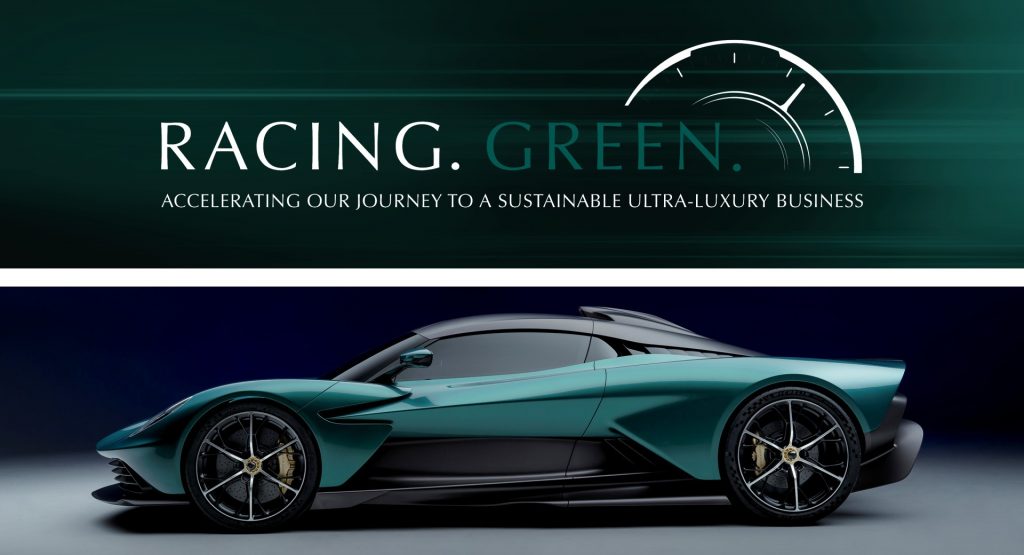

**Mercedes-Benz Intends to Keep Combustion Engine Options Available Past 2030**
In a swiftly changing automotive environment where electric vehicles (EVs) are increasingly at the center of progress and investment, Mercedes-Benz has revealed its plan to persist in offering combustion engine vehicles beyond 2030. This choice highlights the brand’s dedication to delivering a wide variety of mobility solutions that address different customer requirements and market needs worldwide.
**Harmonizing Tradition and Progress**
Mercedes-Benz, a name associated with luxury and engineering prowess, is managing the shift to eco-friendly mobility by harmonizing its deep-rooted legacy of combustion engine technology with the necessity for progress in electric mobility. While the company has achieved notable advancements in electrification, including the introduction of its EQ series of electric vehicles, it understands that a full transition to electric powertrains will require time and will vary across different regions.
**Global Market Dynamics**
The choice to sustain combustion engine options is shaped by the differing speeds of EV adoption globally. In areas where electric vehicle infrastructure is still being established or where consumer inclinations favor traditional powertrains, combustion engines will persist as a vital component. Mercedes-Benz aims to serve these markets by offering cutting-edge combustion engine solutions that comply with stringent environmental regulations.
**Progress in Combustion Technology**
Mercedes-Benz is focused on enhancing the efficiency and ecological performance of its combustion engines. The company is channeling funds into research and development to improve fuel efficiency, lower emissions, and incorporate hybrid technologies that support traditional engines. These improvements are intended to keep Mercedes-Benz combustion engines competitive and ecologically sound.
**Collaborative Efforts and Innovations**
To bolster its combined focus on combustion and electric vehicles, Mercedes-Benz is establishing strategic alliances and investing in groundbreaking technologies. Partnerships with technology companies and funding sustainable fuel research are integral to the company’s plan to lessen the carbon impact of its combustion engines while furthering its electric vehicle advancements.
**Consumer-Focused Strategy**
Mercedes-Benz’s decision is also informed by a consumer-focused strategy. The brand acknowledges that its varied customer demographic possesses different preferences and needs. By providing a spectrum of powertrain choices, Mercedes-Benz ensures it can accommodate consumers who may not yet be prepared or able to switch to electric vehicles.
**The Path Forward**
As Mercedes-Benz progresses, it remains dedicated to its Ambition 2039 initiative, which targets a carbon-neutral new vehicle lineup by 2039. The ongoing availability of combustion engines will play a role in a more extensive strategy that includes significant investments in electric mobility, digital innovation, and sustainable manufacturing practices.
In summary, Mercedes-Benz’s decision to keep combustion engine options available after 2030 represents a sensible approach to the global shift toward sustainable mobility. By offering various powertrain choices, the company seeks to fulfill diverse market demands while continuing to drive innovation and leadership in both combustion and electric vehicle technologies.






